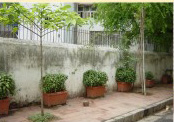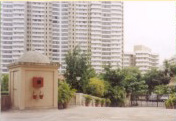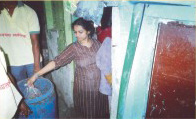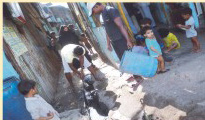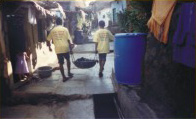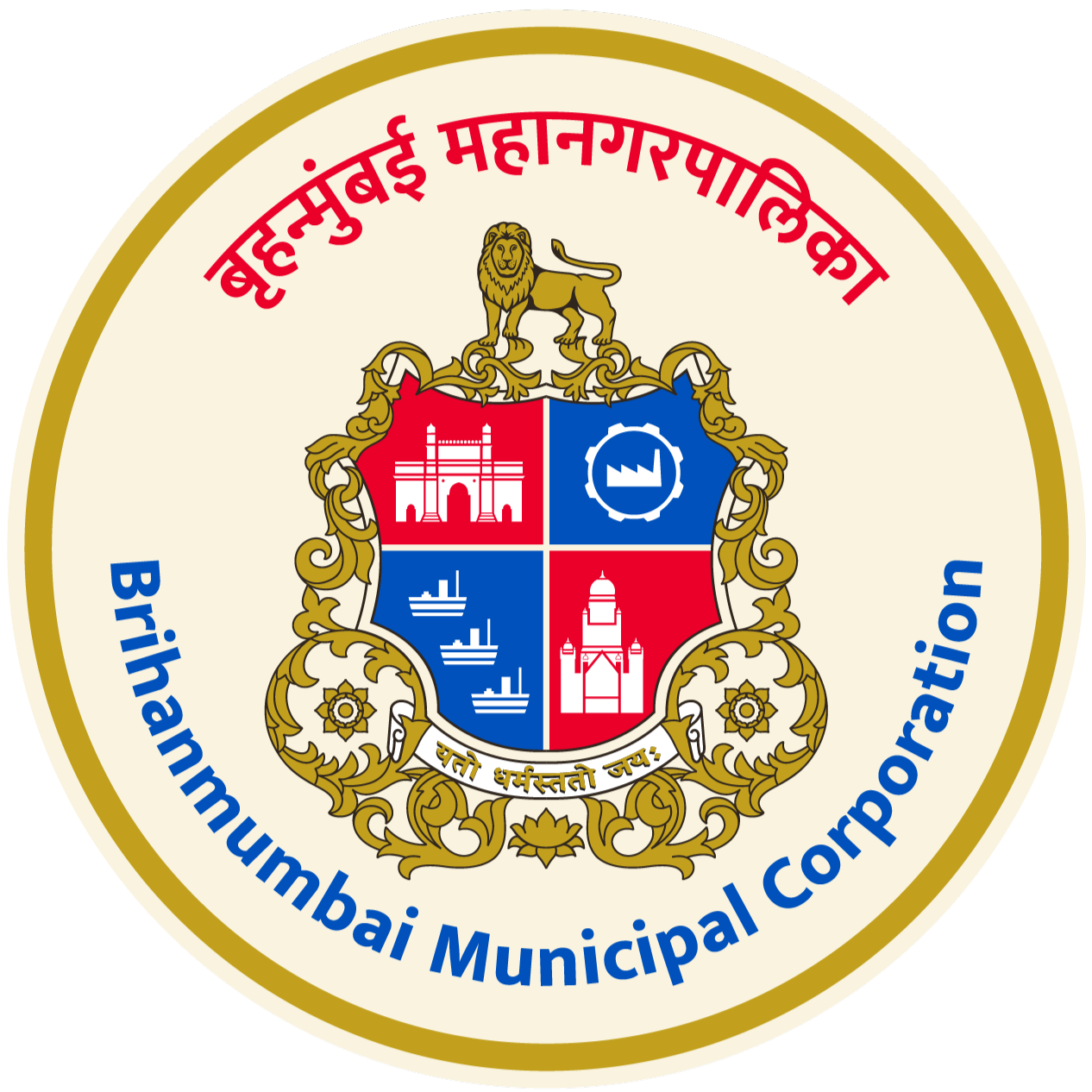Advanced Locality Management (ALM)Slum Adoption Programmes
Advanced Locality Management (ALM)
Advance Locality Management (ALM) is a partnership between MCGM & Citizens for sustainable environment friendly waste management programme for the neighborhoods buildings. ALM is initiated in 1998 with 658ALMs in all 24 wards of Mumbai.
 Formation of ALM: Formation of ALM: |
 | The citizens' committee is selected from representative of building or lane |
 | Newly formed ALM committee applies in the given format & gets registered with the ward office. |
 | Main focus of work is participate in waste management in local area. |
 ALM as a volunteer service: ALM as a volunteer service: |
 | Citizens organize meeting in neighborhood to create awareness |
 | Take steps to prevent public nuisance due to overflowing bins, littering in the neighborhood |
 | Organize waste pickers services, collection and processing of dry waste. |
 Support of MGGM as a partner Support of MGGM as a partner |
 | MCGM supports the ALMs by appointing nodal officer |
 | Conducts monthly meeting with representatives of ALMs atthe ward level to resolve civic issues. |
 | MCGM also provide technical know how about composting & waste management |
 | No financial support, but incentives are given toALM's in terms of privilege Cards & award. |
 ALM formation and transformed neighborhood: ALM formation and transformed neighborhood: |
 | ALM neighborhoods have clean bin free streets. |
 | Garbage and bin street with proper sanitation and hygienic. |
 | Clean drains & nallas |
 | Better organized citizens and are more focused to there neighborhood civic issues |
 Awards and Felicitation Awards and Felicitation |
 | Best Practices from Green Leaf Award Exnora & Hyderabad Municipal Corporation |
 | ALM concept has been replicated in Delhi, Bangalore & Srilanka |
 | Delegates from Japan, South Africa, Nepal & Srilanka have appreciated concept of ALMs |
 | ALM concept is recognized by City ManagementAssociation. |
 | Organization such as World Bank, UNDP, CEE, UNICEF & UNEP have appreciated working of ALMs |
Slum Adoption Programmes
Mumbai 60% population resides in slum areas due to housing problems. These slums are characterized by unhygienic and poor sanitation conditions. MCGM initiated a cleanliness scheme in 2001 in those slum areas where cleanliness services were not provided by the MCGM. The scheme is popularly known as Slum Adoption Scheme (Dattak Vasti Yojna).
 Cleanliness Activities expected by the Community Based Organisations ICBO) under SAP Cleanliness Activities expected by the Community Based Organisations ICBO) under SAP |
 | Door-to-Door garbage collection. |
 | Cleaning ot nallas and gutters. |
 | Cleaning of pathway by lanes internal roads and public places. |
 | Cleaning of public toilets & improving overall cleanliness in slum areas. |
 | Encouraging slum dwellers for segregation of garbage. |
 | Creating awareness among the slum dwellers regarding cleanliness and role of responsible citizen. |
 Awards and Felicitation Awards and Felicitation |
 | Best Practices from Green Leaf Award Exnora & Hyderabad Municipal Corporation |
 | Acclaimed by international agencies like UNICEF, WORLD BANK & USAID |
 | Support provided by UNICEF for training of SAP volunteers |
